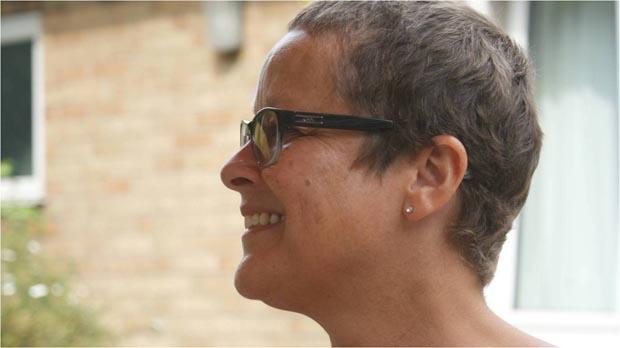
“I had treatment last year and I want to give something back.”
This study was done to see if there was a way of helping GPs identify women with an increased risk of breast cancer due to their family history.
It was open for people to join between 2014 and 2015. The team published the results in 2020.
There are a number of things that can increase the risk of developing breast cancer. This includes a strong family history of breast cancer or ovarian cancer.
The National Institute for Health and Care Excellence (NICE) provide guidance for the NHS in England. They have guidelines to help find out who has a family history which could increase their risk. But they don’t identify everyone with a higher than usual risk.
The research team for this study developed an online decision tool. They hoped it would help GPs identify women with an increased risk of developing breast cancer.
The main aims of this study were to see whether the online decision tool:
The research team found that using an online decision tool did help identify women who had an increased risk of developing breast cancer.
Study design
This study was open for women aged between 30 and 60 who had not:
The research team found people to take part in this study through GP practices in England. They split 8 GP practices into 2 groups at random:
Results
The research team looked at patients registered at the 4 GP practices using the online decision tool. They identified 7,012 women who could take part in the study. They sent each woman a questionnaire to fill out. This asked questions about their family history of cancer and:
The research team then entered all the information from the questionnaires into the online decision tool.
They found that out of 1,127 women who returned the questionnaire:
More than half of the women who had an increased risk were less than 50 years old. At the time of the study this was below the age that routine screening was offered.
The doctors referred 66 of the women with a possible increased risk to a specialist service. This was to assess their risk in more detail. They found that:
The team also looked at the 4 GP practices that assessed women in the usual way. They found that 10 women went to the GP concerned about their family history.
Conclusion
The research team concluded that about 1 in 10 women may have an increased risk of developing breast cancer. They found that it is possible to find out more about people’s risk by using:
The suggest more work is done to find out more about this tool, and other ways to assess risk. And to find out more about how much it would cost to use these methods more widely.
Where this information comes from
We have based this summary on information from the research team. The information they sent us has been reviewed by independent specialists ( ) and published in a medical journal. The figures we quote above were provided by the trial team who did the research. We have not analysed the data ourselves.
) and published in a medical journal. The figures we quote above were provided by the trial team who did the research. We have not analysed the data ourselves.
Please note: In order to join a trial you will need to discuss it with your doctor, unless otherwise specified.
Professor Nadeem Qureshi
NIHR Clinical Research Network: Cancer
NIHR Clinical Research Network: East Midlands
NIHR School for Primary Care Research
University of Nottingham
If you have questions about the trial please contact our cancer information nurses
Freephone 0808 800 4040

“I had treatment last year and I want to give something back.”